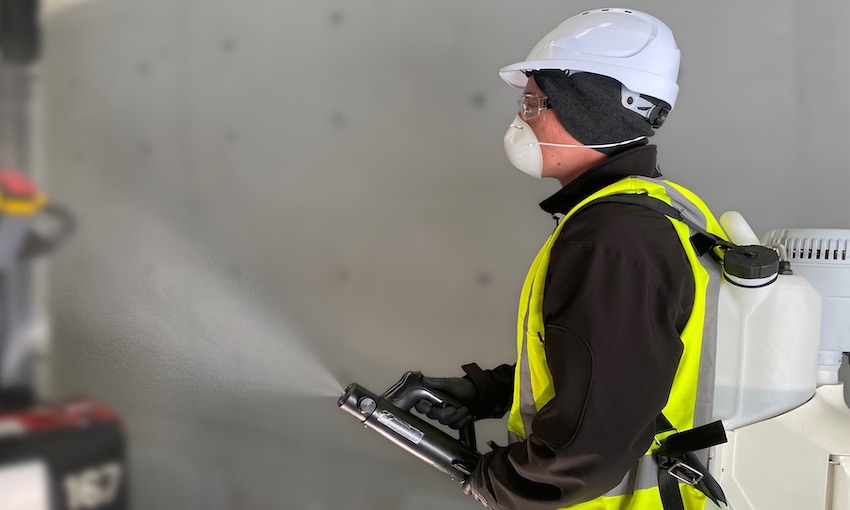A NUMBER of airlines, transport and automotive companies, police and armed forces are using anti-microbial shield processes to protect against coronavirus.
Australian anti-microbial treatment company Protection Brands is experiencing strong demand these services as maritime and transport operators seek greater protection for passengers and personnel.
Protection Brands has completed anti-microbial shield applications on more than 30 Royal Australian Navy surface fleet vessels and has entered into a standing offer with the Department of Defence to provide sanitisation and surface treatment services to the RAN.
In the past two months the company has also commenced supplying anti-microbial shield to Police and Emergency Services, to energy provider Snowy Hydro, gransport provider Murrays Coaches, Australia’s Royal Flying Doctor Service and automotive retailer Honda Australia – the latter providing in-vehicle protectant as a benefit for new vehicle purchasers.
“COVID-19 is unprecedented and the organisations working with us are dedicated to their duty of care to passengers and personnel in environments where people commute, travel or work in close proximity,” said Mark Pettitt, managing director of Protection Brands.
“Aviation and transport companies are historically aware of the risks associated with SARS, bird flu, swine flu and ebola virus and the continuing prevalence of other serious diseases such as norovirus and coronavirus.
“Now, due to the COVID-19 pandemic, anti-microbial shielding is in sharp focus by these and other industries globally,” he said.
“We see particular application for the transport industry to provide more hygienic cab environments when trucks, taxis, courier vehicles are operated by different drivers.
“Anti-microbial shield is also obviously extremely relevant to the cruising industry at this time,” he added.
Unlike traditional cleaning processes which utilise disinfectant and harsh chemicals, anti-microbial shield is a long-lasting, non-toxic nano technology, that physically ruptures the microbe membrane destroying it on impact.
“It has been successfully tested against pathogens and viruses capable of creating the rapid spread of person to person infections in confined spaces, such as aircraft cabins, motor vehicle cabs, ship corridors and cabins,” Mr Pettitt said.

